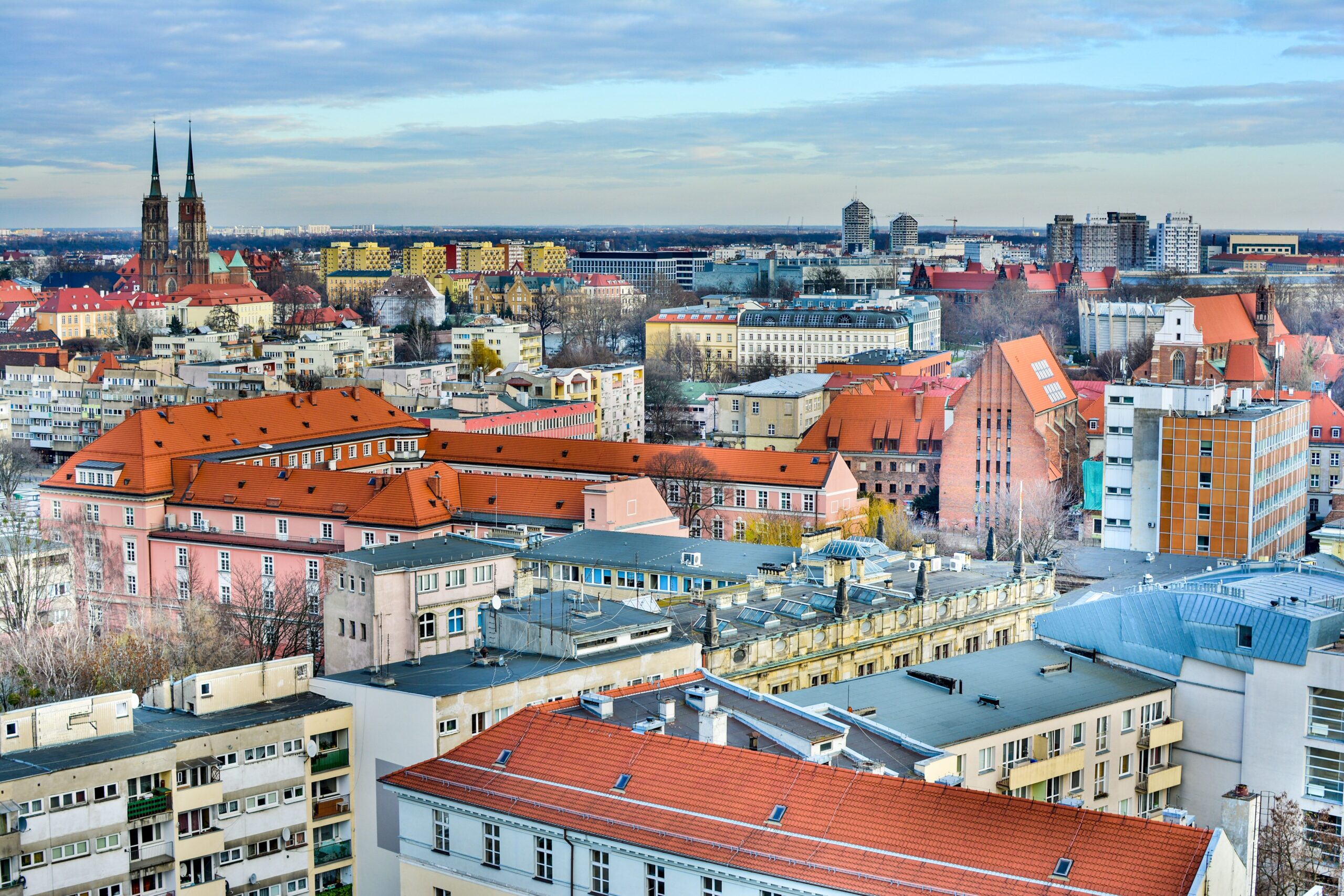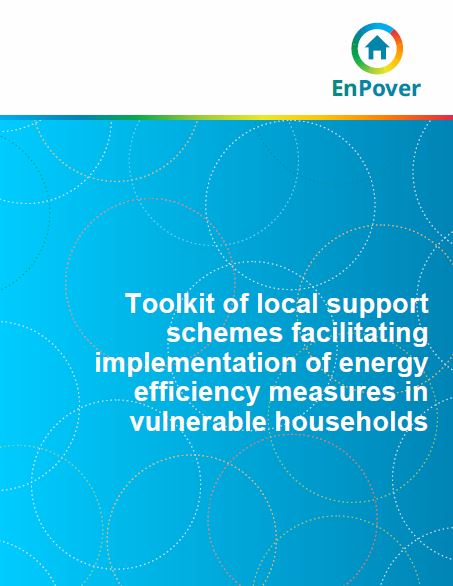EnPover– Alleviating Energy Poverty in Municipalities
The project is completed. The aim of the project was to relieve households threatened by energy poverty by promoting cost-effective energy efficiency measures as well as community initiatives and activities.
Energy Efficiency Energy Policy Energy Poverty Energy Transition and Climate-Neutral Buildings

Project info
Germany, Hungary, Poland
10/19 - 06/21
Local governments, Consumers
288,981.00 €
Contact info
Patrycja Płonka
- Deutsche Umwelthilfe (DUH) e.V.
- Energiaklub Climate Policy Institute and Applied Communications Association (Energiaklub)
Background
Private households in the EU contribute a considerable share to the overall GHG emissions. At the same time, they often suffer from rising energy bills and thus are prone to energy poverty. Low-cost energy efficiency measures are a promising answer to these challenges. They can include small-scale investments and/or a change of energy consumption behaviours. Both can be facilitated by local authorities. This is a contribution to the overall climate targets of the project countries and therefore perfectly links to the European 2030 climate and energy efficiency targets.
While this project fosters dialogue with the aim of mutual learning from good examples, awareness-raising, and knowledge transfer between municipal key actors, a further project that involves the group of vulnerable private households seems desirable.
Project
EnPover Municipalities pursued an ecological and a social goal: on the one hand, reducing greenhouse gas emissions from private households, and on the other hand, reduceing energy poverty among low-income private households. To achieve both goals, municipal actors were enabled to better support the affected households. To achieve this, the project promoted low-cost energy saving measures and focused on municipal initiatives and programmes in Poland, Hungary and Germany.
The project collected around 40 good practices for successful municipal measures targeting households at risk of energy poverty. These were compiled in a brochure and made available to other municipalities wishing to facilitate the implementation of cost-effective energy efficiency measures in vulnerable households in their area.
In addition, the project produced a toolkit for tailored support programmes that facilitate the implementation of energy efficiency measures in households experiencing energy poverty. The toolkit guides municipal practitioners through all key steps of the process, starting from the assessment of energy poverty at the local level, through the development of targeted action plans and the implementation of different measures, to monitoring activities.

Based on the lessons learned and best practices collected during the project, seven of the ten participating municipalities have launched awareness campaigns aimed at raising the energy awareness of vulnerable citizens. They were also informed about how they can improve their precarious energy situation at little or no cost and where they can apply for funding for major improvements.
State of Results
The project created a network of professionals and experts who exchanged and stimulated each other on case studies and tools related to energy efficiency and energy poverty. The exchange initiated within the EnPover project has led to concrete results that go beyond the planned project outputs and outcomes. Inspired by the German programme Stromspar-Check, which was presented during a “virtual” study tour in Germany, PNEC decided to use the programme’s findings to develop its own strategy for engaging and supporting households, which was developed under another EU project: EnergyMeasures, funded by Horizon 2020.
Last update: July 2024

